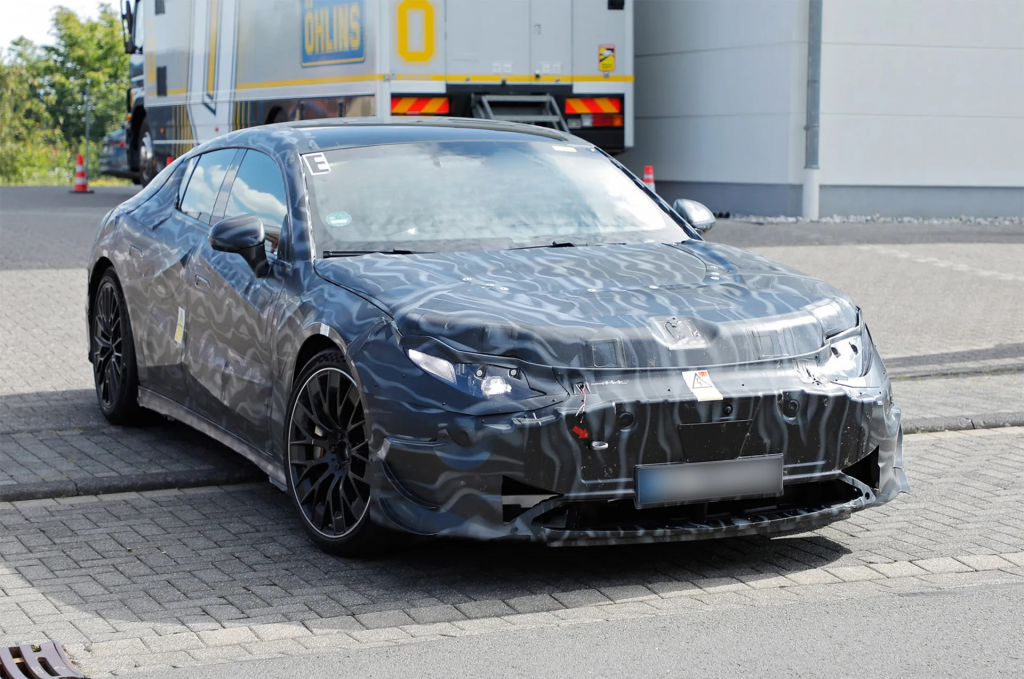
If you’re driving a Mercedes-Benz and its engine appears to be bogging or not performing as well as it should, there are a few common causes that you need to be aware of. In this article, we’ll go over the most likely reasons your car engine might be bogging, as well as what you can do to fix the problem to prevent it from getting out of hand.
The symptoms of Mercedes engine bogging can vary, but it usually includes a decrease in power and performance, as well as a hesitation or jerking motion when you try to accelerate. If your engine is bogging, it’s important to figure out the root cause of the problem so you can fix it and get your car back to running smoothly.
The primary cause of this performance issue is insufficient or low-quality of oil in the engine. This can cause a number of problems, including decreased lubrication and a build-up of sludge and debris. Inadequate oil levels can also lead to overheating, which can damage your engine’s internal components.
If you suspect that your Mercedes’ engine is bogging because of low oil levels, the first thing you should do is check the dipstick. If the oil level is below the minimum mark, add more oil until it reaches the correct level. It’s also important to use the right type of oil for your car model – using a synthetic blend or full synthetic oil is often recommended for Mercedes engines.
Another common reason for engine bogging is a dirty or clogged air filter. When your air filter gets full of dirt and debris, it restricts the flow of air into your engine. This can lead to a decrease in power and performance, as well as increased fuel consumption. To fix this problem, simply have your air filter replaced with a new one.
One more common cause of engine bogging is a faulty oxygen sensor. Your oxygen sensor is responsible for monitoring the amount of oxygen in your exhaust gas. If it isn’t working properly, it can cause your engine to run lean, which can lead to a decrease in power and performance. To fix this problem, you’ll need to have your oxygen sensor replaced.
A faulty fuel injection system can also be the culprit. If your fuel injection system is not working properly, it can cause your engine to run lean or rich, which can lead to a decrease in power and performance. To fix this problem, you’ll need to have your fuel injection system serviced immediately.
Finally, one other common cause of engine bogging is a leaking intake manifold gasket. If your intake manifold gasket is leaking, it can allow air to enter your engine without being properly filtered. This can cause your engine to run lean, leading to a decrease in power and performance. To fix this problem, you’ll need to replace your intake manifold gasket and its seals.
If you’re experiencing any of these symptoms with your Mercedes engine, it’s important to have it checked out by a qualified mechanic as soon as possible. They will be able to diagnose the problem and recommend the best course of action to take to fix it. In most cases, engine bogging can be easily fixed with a few simple repairs. However, in some cases, more extensive repairs may be necessary.
If you’re having trouble with your Mercedes engine bogging, don’t hesitate to bring it to a qualified mechanic for a diagnosis and repair. With their expert knowledge and experience, they’ll be able to get your car back on the road in no time!


























